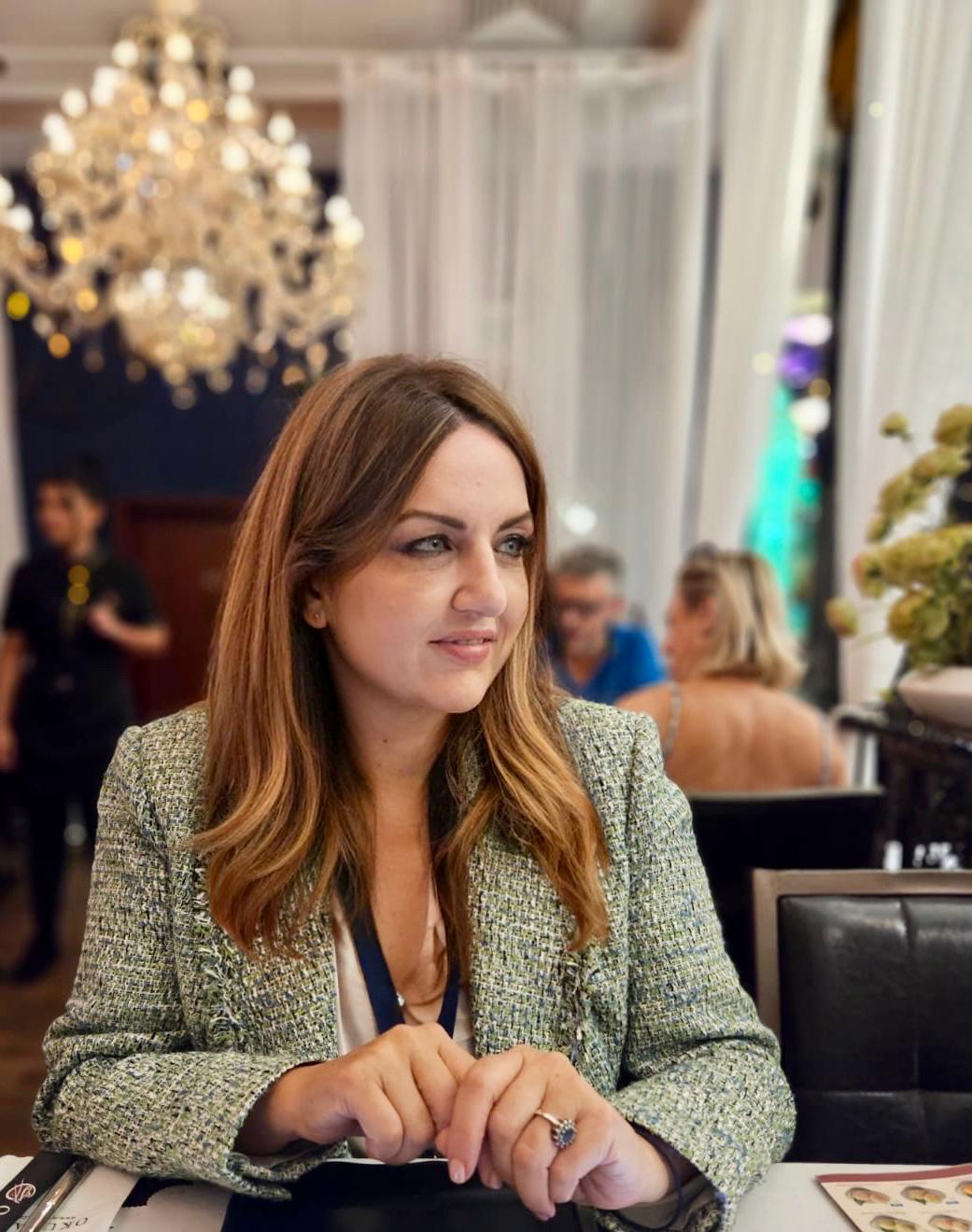A coalition of NGOs has sharply criticised Malta for its continued failure to combat corruption and uphold the rule of law, despite some developments noted in the European Commission’s annual report.
Organisations such as Repubblika, aditus, SOS Malta, and The Daphne Caruana Galizia Foundation said in a statement on Tuesday that Malta remained plagued by corruption and systemic issues, as highlighted in the latest European Commission report.
The report underscored the country’s persistent inability to enact meaningful reforms and address deep-seated problems.
The NGOs said Malta has failed to act on any recommendations from the previous year’s European Commission report.
This year’s recommendations reiterate those made last year, revealing the government’s lack of urgency in addressing corruption and strengthening legal frameworks.
The report pointed out contradictions in the government’s approach to judicial independence. Although Malta approved a constitutional amendment to consult judges in the appointment of the Chief Justice, it has stated no intention of making substantive changes.
This inconsistency, the NGOs argued, reflected a lack of genuine commitment to reform.
Concerns were also raised in the report about the independence of specialised tribunals. Despite claims of reforms, the government’s secretive methods and lack of visible progress continued to erode trust in the judicial system.
The report highlights efforts to improve judicial efficiency, but the NGOs stressed that delays in court cases due to administrative defects and insufficient resources were compromising the right to a fair and timely hearing and risking the system’s collapse.
The report acknowledged some progress in corruption investigations, notably the hospitals’ inquiry. However, the NGOs credited civil society efforts for these advances rather than government actions.
They pointed out obstruction by government officials, some of whom face indictment, and criticised Prime Minister Robert Abela’s attempts to undermine the inquiry and prosecution.
The European Commission’s report also noted legislative changes to protect journalists but emphasised much work was still to be done.
The NGOs accused the government of ignoring recommendations from the public inquiry into Daphne Caruana Galizia’s murder, particularly the failure to publish a promised White Paper on legal reforms. Journalists in Malta still face significant risks, mirroring the threats that led to Daphne Caruana Galizia’s assassination.
Additionally, the report criticised the lack of progress in ensuring the independence of public broadcasting and transparency in government media spending. The NGOs stressed that these issues persist, perpetuating government interference and undermining media freedom.
Both the European Commission and civil society organisations highlighted the Maltese government’s failure to implement anti-corruption measures suggested by the Daphne Caruana Galizia public inquiry.
Despite a National Strategy Against Fraud and Corruption, its execution remained insufficient, and the Permanent Commission Against Corruption had yet to deliver significant prosecutorial results.
The report reiterated concerns about the appointment of numerous “persons of trust” within the government, inadequate whistleblower protections, and corruption risks in public procurement and passport sales.
These issues reflected a broader culture of impunity that the government has failed to address effectively.
Criticism also extended to the lack of a formal framework for public participation in the legislative process, despite government claims to the contrary.
The NGOs noted that their attempts to engage in dialogue with authorities have been consistently ignored, further undermining transparency and public trust.
Overall, the European Commission’s report, alongside civil society voices, highlights Malta’s ongoing struggles with corruption, judicial inefficiency, and media freedom.
The persistent failure to act on critical recommendations from various oversight bodies underscored the urgent need for genuine reform.
Civil society groups said they were ready to engage in dialogue and advocate for necessary changes to restore faith in Malta’s rule of law and democratic integrity.
















a normal thing for Malta, they take their time with everything, now the leaders have become rich, whatever happens, they leave the island and go away